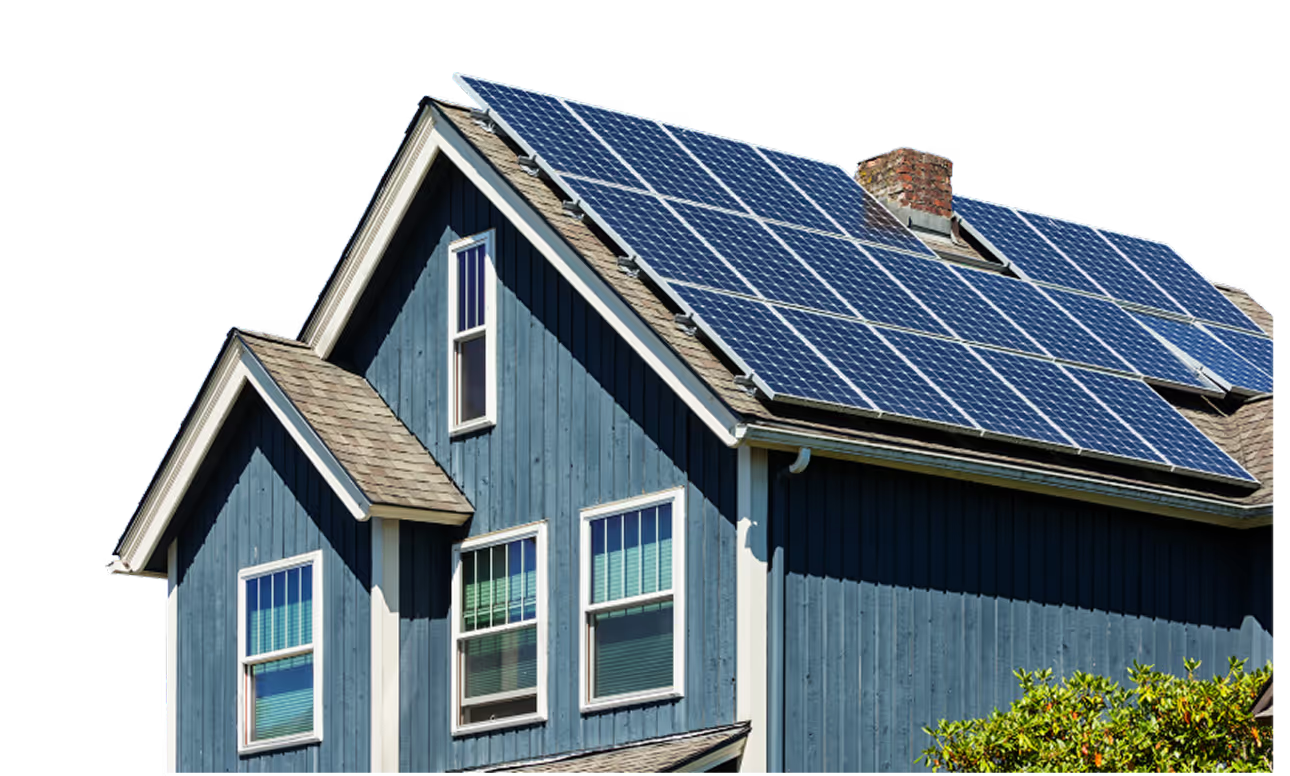.png)
If you own a solar PV system in Singapore, you’ve likely heard of Renewable Energy Certificates (RECs). In short, RECs are proof that your solar system has produced clean energy — specifically, 1 MWh of electricity fed into the grid.
Over the past few years, REC prices in Singapore have surged, nearly tripling between 2022 and 2024. But moving into the second half of 2025, the REC market has begun to shift. Prices are now softening, and if you’re wondering why you’re earning less from RECs, you’re not alone.
Let’s walk through the key reasons behind this change — and what it means for you.
Why Are REC Prices Dropping?
1. Corporates Are Delaying Net Zero Goals
Global demand for RECs is largely driven by corporations trying to meet their climate targets. But recently, some of the world’s largest companies have started walking back those ambitions:
- In January 2025, a U.S. executive order began the country’s withdrawal from the Paris Agreement — set to take effect in 2026.
- This prompted many U.S.-based multinationals to re-evaluate their climate goals.
- Big names like Shell, BP, and HSBC have already postponed their net zero targets.
When global demand stalls, regional markets like Singapore with a relatively small REC supply will feel the impact quickly.
2. Companies Are Switching to VPPAs
Another key factor affecting the REC prices in Singapore is the rising popularity of Virtual Power Purchase Agreements (VPPAs). These long-term contracts allow companies to buy real clean energy and receive RECs bundled together.
Why the shift?
- VPPAs provide more certainty and impact — offering both the electricity and the environmental attribute.
- According to PwC, VPPAs also support long-term price stability and traceability.
- Unbundled RECs (what most solar homeowners sell) only carry the environmental benefit, and often come from excess solar power not used on-site.
As more corporations opt for VPPAs, demand for standalone RECs naturally decreases.
What’s the Outlook for RECs in Singapore?
SBTi’s Proposed Rules Are Reshaping the Market
The Science Based Targets initiative (SBTi), a leading climate accountability framework, is proposing new standards that could drastically reduce the use of unbundled RECs in emissions reporting.
A recent market analysis explains that these rules may disqualify unbundled RECs for Scope 2 emissions (related to purchased electricity).
In simple terms: companies may soon need to prove they are using actual clean electricity by installing solar PV systems and signing VPPAs in order to claim emissions reductions. This could further reduce demand for RECs traded without associated power.
Regional Supply Is Growing, But Demand May Not Keep Up
Singapore has plans to import up to 4 gigawatts of low-carbon electricity from Laos, Thailand, and Malaysia by 2035, as part of the ASEAN Power Grid initiative — a cross-border effort to increase grid stability and clean energy access.
While this is a big step toward a greener grid, it also means a significant boost in REC supply. Unless corporate demand grows at the same pace, market prices may continue to dip.
What This Means for You as a REC Seller
If you’re part of GetSolar’s REC Programme, the changing market may come as a surprise. We get it — lower prices are disappointing, especially when you’ve come to expect higher payouts.
But here’s what to keep in mind:
- REC income was always a bonus — a nice-to-have on top of your solar savings.
- With GetSolar, there’s zero effort on your part. We handle registration, trading, and reporting, so your earnings truly are a form of passive income from solar.
- And even as REC prices dip, your solar system continues to save you money on electricity every day.
This isn’t the end of the road — it’s just a shift in a dynamic global market.
Stay Focused on What You Can Control
Markets move in cycles. Policy shifts, global events, and corporate trends all play a role. While it’s smart to stay informed, your best strategy is to focus on what’s within your control:
- Maintain your solar system for optimal performance
- Stay up to date with REC and energy policies
- Think long term: Clean energy adoption is still growing — and will continue to offer value in different forms
We’ll keep sharing updates as the landscape evolves. In the meantime, your clean energy contribution still matters — and you’re part of a bigger global movement toward sustainability.
Curious about your solar savings or REC potential?
Check out our Solar Calculator to get an instant estimate or chat with us on WhatsApp to sell your RECs.

Rent-to-Own Solar for Business with Guaranteed Performance
Immediate ROI




Rent-to-Own Solar. $0 Upfront cost. Guaranteed Savings
(10-Year RTO plan)
+ 10-Year Free Maintenance






%20How%20Singapore%20Green%20Plan%202030%20supports%20solar%20adoptions.png)




